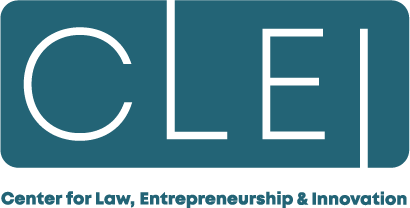Legal Document Assembly
Document automation and assembly can help attorneys more efficiently and accurately deliver legal services to the public and their employer--thus helping attorneys be more competitive in the legal services market place. This two-credit-hour course introduces students to the transformative world of document automation and assembly, a tool that amplifies attorneys' efficiency and precision. Students will produce programmed documents, interviews, and systems for estate planning, business planning, or such other projects as are suitable for document assembly. The course may be taught over an eight week period or a summer term. No computer programming experience is required.


